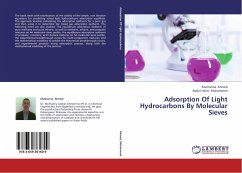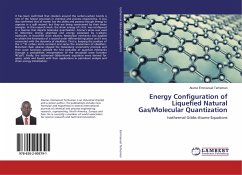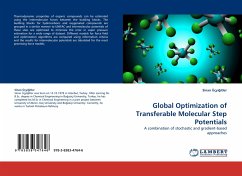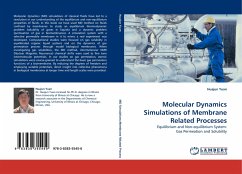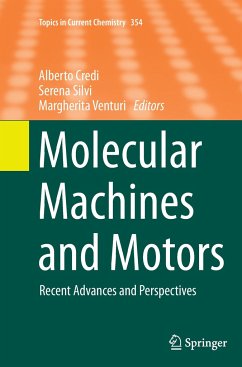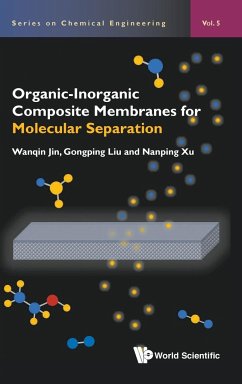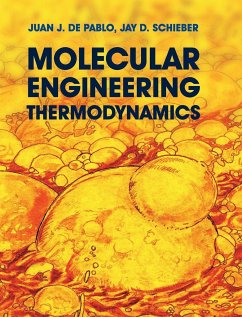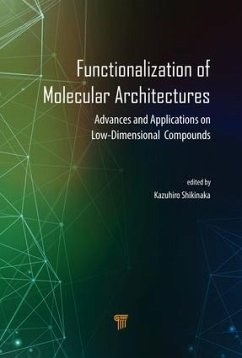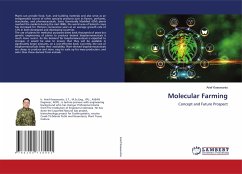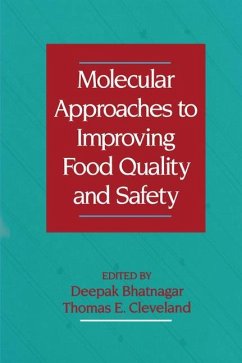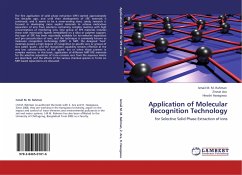
Application of Molecular Recognition Technology
for Selective Solid Phase Extraction of Ions
Versandkostenfrei!
Versandfertig in 6-10 Tagen
39,99 €
inkl. MwSt.

PAYBACK Punkte
20 °P sammeln!
The first application of solid phase extraction (SPE) started approximately five decades ago, and until then development of SPE materials is continued, and it seems to be a never-ending story. Lately, research is focused in developing more explicit materials to achieve meticulous separation of ions from solutions containing complex matrices with high concentrations of interfering ions. One group of SPE materials includes those with macrocyclic ligands immobilized on a silica or polymer support; this type of SPE has been reportedly available for ion-selective separation and pre-concentration of...
The first application of solid phase extraction (SPE) started approximately five decades ago, and until then development of SPE materials is continued, and it seems to be a never-ending story. Lately, research is focused in developing more explicit materials to achieve meticulous separation of ions from solutions containing complex matrices with high concentrations of interfering ions. One group of SPE materials includes those with macrocyclic ligands immobilized on a silica or polymer support; this type of SPE has been reportedly available for ion-selective separation and pre-concentration of ions, and the technique is commonly known as molecular recognition technology (MRT). In MRT, the designed host materials possess a high degree of recognition to specific ions or groups of ions called guest , and the recognition capability remains effective at the very low concentrations of the guest ion or when those present in complex matrices. In this book, application of different MRT-SPE materials for the selective separation of trace ecotoxic ions from the aqueous matrix are described, and the effects of the various chemical species or forms on MRT-based separations are discussed.



